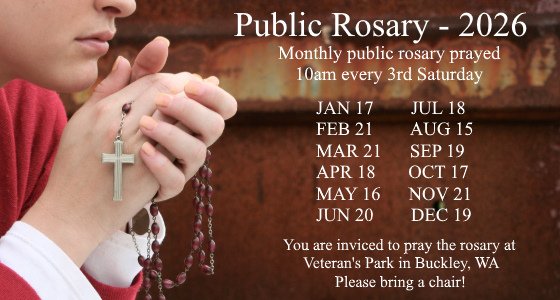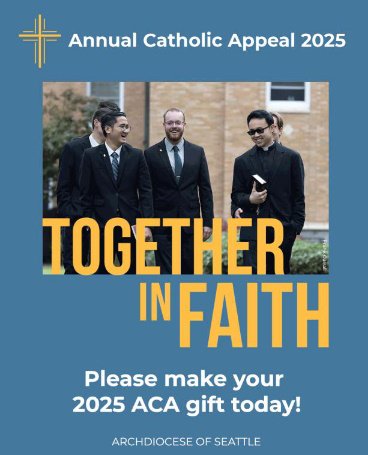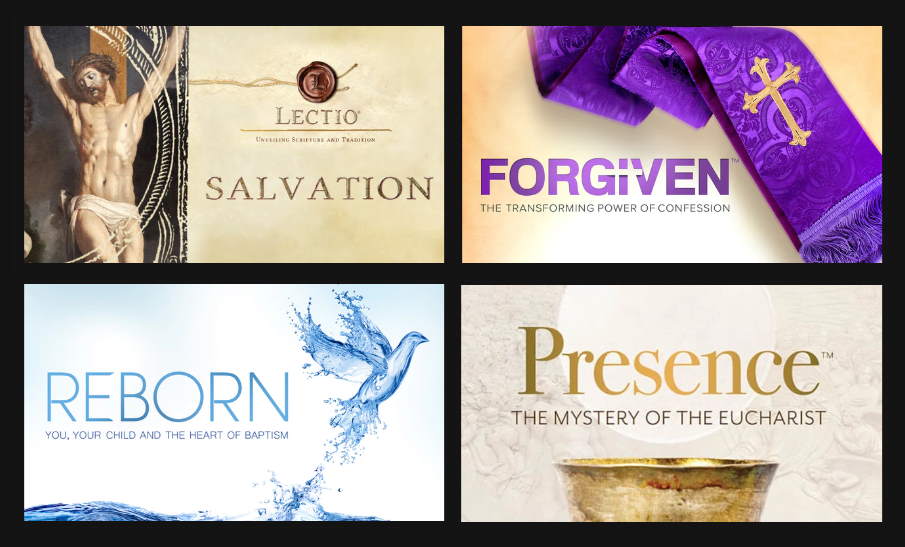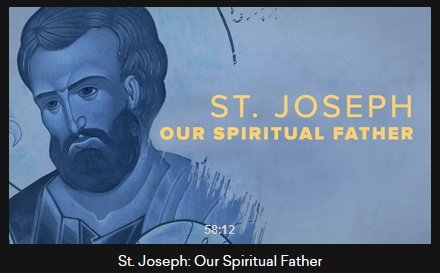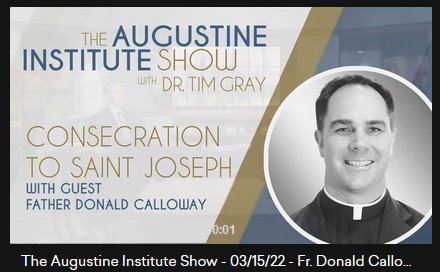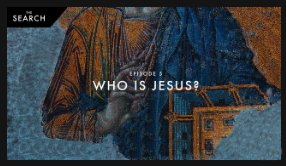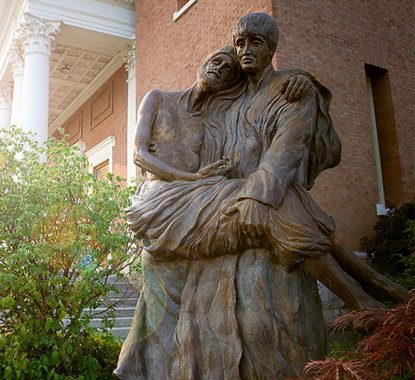5 Spiritual Benefit
From The Year of St. Joseph
5 Spiritual Benefits from the Year of St. Joseph
On December 8, 2020, Our Holy Father, Pope Francis, called for a Year of St. Joseph. Some might ask what we can be doing to mark the year spiritually. The Apostolic Penitentiary issued a decree that spoke about five things the faithful can do to earn a plenary indulgence.
Plenary indulgences are a gift extended to the Church’s faithful via the treasury stored up for us from the good works done through her in union with Christ. When one receives a plenary indulgence, it means their temporal punishment due to sin is forgiven, Confession removes the guilt due to sin, and indulgences help to remove the punishment due to sin. The gift and practice of indulgences are not about earning heaven but becoming conformed to grace so we may become like Christ, a message that St. Paul writes about regularly throughout his letters. Also, this process of becoming like Christ is not a solitary act but is one we can help other with here on earth or in purgatory.
But what does this have to do with St. Joseph? In the decree from the Apostolic Penitentiary, not only are the requirements and the actions given to the faithful so they may know how to gain the plenary indulgence, but the decree also offers points of reflection on who Joseph is and how the different aspects of his life help us see the beauty of human life. Each of the five points is a vignette into the life of Joseph as a means for the faithful to see God’s presence and beauty in those life moments through St. Joseph.
With St. Joseph’s help, the Church is responding to the need for hope in 2021. What is that message of hope? That God is present through human life. St. Joseph helps us to see the truth.
We can enter more fully into that reality by reflecting on the five actions proposed for the faithful in gaining a plenary indulgence during the year of St. Joseph.
Joseph: The M of Faith
Joseph was a man who protected and guarded the presence of God in his heart. This inner disposition is manifested via his silence and prudence. These virtues are shown with brilliance in Joseph’s desire for justice and mercy. The faithful can begin to understand the virtue of justice by reflecting on how it is manifested in the life of St. Joseph. Thus, as the decree states, the faithful may gain a plenary indulgence by following the example of St. Joseph and performing either a spiritual or corporal work of mercy. By this action, the wisdom of Micah 6:8 is made known to the world: “You have been told, O mortal, what is good, and what the Lord requires of you: Only to do justice and to love goodness, and to walk humbly with your God.”
Joseph: The Just Man
Joseph was a man who protected and guarded the presence of God in his heart. This inner disposition is manifested via his silence and prudence. These virtues are shown with brilliance in Joseph’s desire for justice and mercy. The faithful can begin to understand the virtue of justice by reflecting on how it is manifested in the life of St. Joseph. Thus, as the decree states, the faithful may gain a plenary indulgence by following the example of St. Joseph and performing either a spiritual or corporal work of mercy. By this action, the wisdom of Micah 6:8 is made known to the world: “You have been told, O mortal, what is good, and what the Lord requires of you: Only to do justice and to love goodness, and to walk humbly with your God.”
Joseph: Custodian of the Holy Family
The decree speaks about this central aspect of Joseph’s life and vocation. God called him to care for the Virgin Mary and the Christ child: he is a husband to Mary and the legal father of Jesus. The presence of the Holy Family is not just a reality of the past; it is meant to be the atmosphere that pervades every Christian family, making each a family of communion, love, and prayer. In this light, the decree states that a plenary indulgence may be gained by reciting a rosary in a family or by a husband and wife. Through this action, the Holy Family is not merely idolized but received into every Christian household, so they may not know again the rejection they received in Bethlehem.
Joseph: The Worker
Jeremiah 22:13, gives the warning that punishment comes to those who abuse their workers. But with Joseph, we see the positive side of the worker, for God entrusts himself to the labors that Joseph embraced during his life. God’s presence in the work of Joseph teaches us that grace is extended to all those, who like Joseph, allow God into their work. Work is not meant to be oppressive, but through Christ, a means for the revelation of human dignity. Accordingly, the decree tells the faithful that they may gain a plenary indulgence by entrusting a day of their work to St. Joseph or who invoke his aid, through their prayer and intercession, for all those who are looking for work so that all human labor be treated with more dignity.
Joseph: The Refugee
Finally, the decree calls the faithful to consider the flight of the Holy Family into Egypt. Due to political actions in their homeland, the Holy Family was forced to flee, making them refugees. This moment from Joseph’s life reminds the faithful that God is with them in the dangers of life. Seen or unseen, God is with His people. Thus, as the decree states, the Latin rite Catholics may gain a plenary indulgence by praying the litany of St. Joseph for the relief of persecuted Christians, whether they are in or out of the Church. Faithful from the eastern rites of the Church can pray the Akathistos to St. Joseph (in full or in part) or some other prayer of St. Joseph.



